TALK STORY
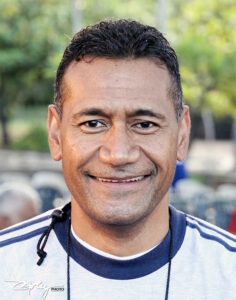
Ottley Wright: ‘PCC, like a family’
Ottley Wright — came to Laie in 1984 and worked at the PCC as a canoe tour and Laie Tour guide — at the Center’s 50th-anniversary reunion.
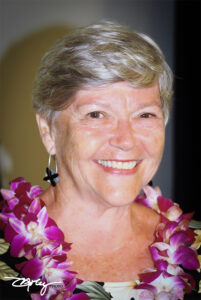
Beth McKinnon Hunt: ‘Kiwi & Kangaroo’ days
Before marrying George Hunt of Samoa, Beth McKinnon Hunt left Australia to attend Church College of Hawaii in 1963 and ended up dancing in the Polynesian Cultural Center night show.
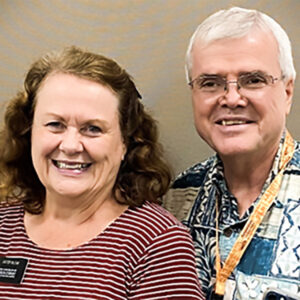
‘My miracle at the PCC’
PCC senior missionary Sister Gayle Bleak felt angelic help in the dark.
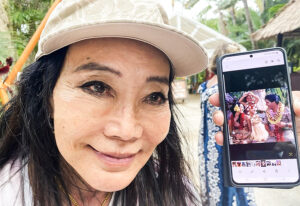
Elvis co-star revisits the Center
Irene Tsu, who co-starred with Elvis Presley in the 1966 movie, Paradise Hawaiian Style, that was partially filmed at the Cultural Center during the summer of 1965, revisited “the set” for the first time since then in April 2023.
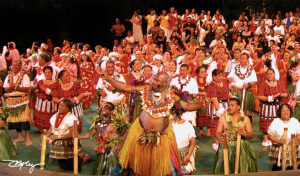
Damuni looked back during 40th anniversary
The late Emosi Damuni recalled how he first came to the Polynesian Cultural Center in 1964 during the 40th anniversary in 2003.
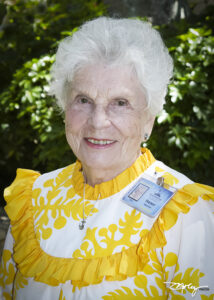
Sister Bateman kept quilting for PCC
At 86, Sister Helen Bateman began serving at the Polynesian Cultural Center, sharing her love of quilting and donating over 250 handmade Hawaiian quilts to support students. Known affectionately as “Aunty Helen,” she continued giving long after her mission ended, leaving behind a legacy of aloha, service, and creativity.
